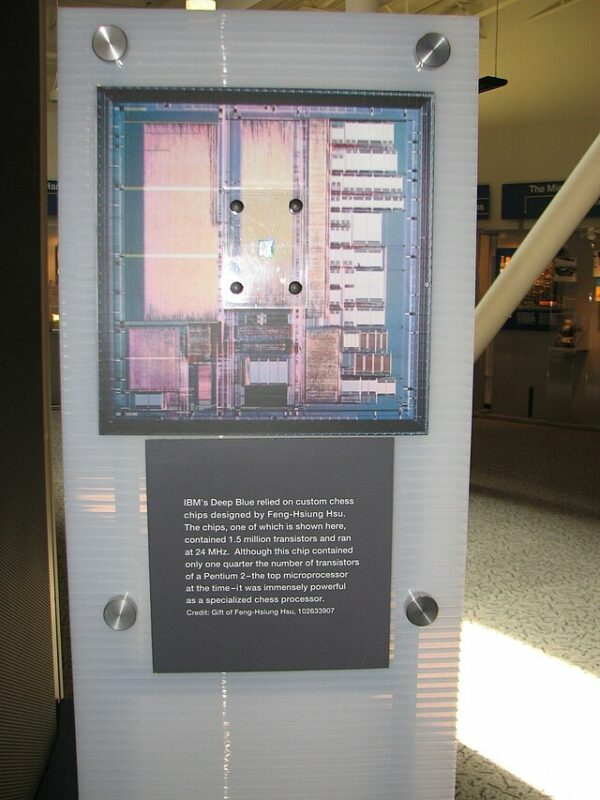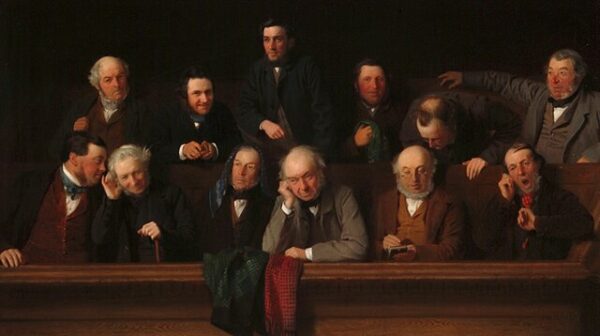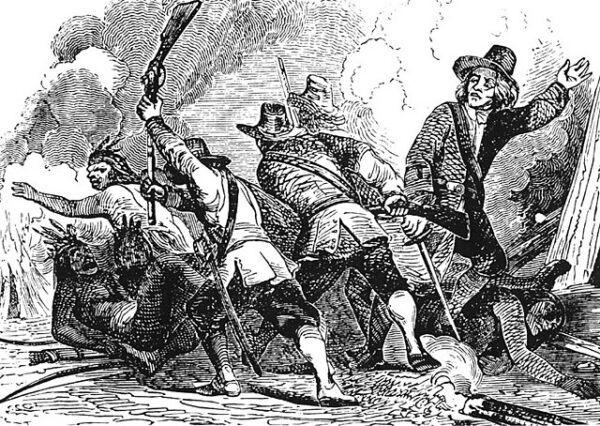On May 11, 1997, history was made in the world of chess when IBM’s supercomputer Deep Blue defeated the reigning world chess champion, Garry Kasparov, in a six-game match. The victory of a machine over a human grandmaster marked a significant milestone in the development of artificial intelligence and computer science, sparking widespread fascination and debate about the capabilities of machines in complex cognitive tasks.
Deep Blue, a product of years of research and development by IBM, was a highly sophisticated computer system specifically designed for playing chess. Its victory over Kasparov, widely regarded as one of the greatest chess players of all time, demonstrated the remarkable progress in AI and machine learning technologies. The matches themselves were closely watched by millions around the world, with each move scrutinized for its strategic implications and insights into the capabilities of artificial intelligence.
The ramifications of Deep Blue’s victory were profound and far-reaching. Firstly, it challenged long-held assumptions about the superiority of human intelligence in complex intellectual endeavors. Kasparov’s defeat forced a reevaluation of the relationship between humans and machines, raising questions about the limits of human cognition and the potential for machines to surpass human capabilities in specific domains.
Moreover, Deep Blue’s victory ignited discussions about the societal implications of advancing AI technologies. As machines demonstrated the ability to outperform humans in tasks traditionally thought to require human intelligence, concerns arose about the impact on employment, education, and the future of work. The prospect of automation displacing human workers in various industries gained prominence, prompting debates about the ethical and economic implications of AI-driven automation.
The match also highlighted the evolving dynamics between humans and machines in decision-making processes. While Deep Blue relied on brute force calculation and algorithmic evaluation to analyze billions of possible moves per second, Kasparov leveraged his intuition, creativity, and strategic thinking to navigate the complexities of the game. The clash between human intuition and machine precision underscored the complementary nature of human and artificial intelligence, suggesting the potential for collaboration and synergy in problem-solving contexts.
Deep Blue’s victory had a profound impact on the field of chess itself. It spurred the development of advanced chess software and algorithms, revolutionizing training methods and opening new avenues for analyzing and understanding the game. The integration of AI technologies into chess coaching and analysis tools empowered players of all levels to improve their skills and deepen their understanding of the game.






